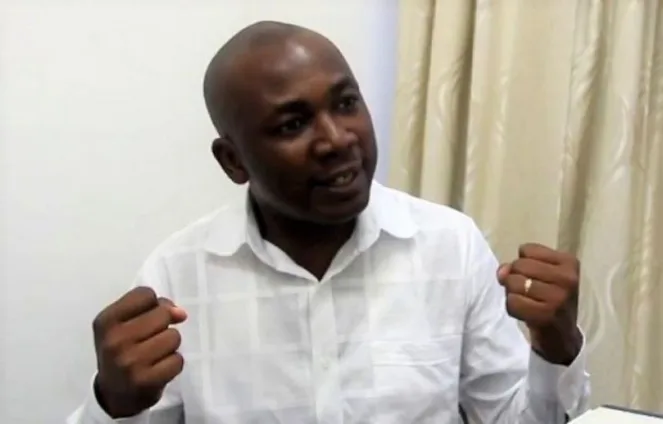Professor Godfred Bokpin from the University of Ghana Business School views Moody’s recent credit rating upgrade for Ghana as a step in the right direction, though he believes there is still much work to be done.
“Yes, it lifts us one notch, but it doesn’t mean we are out of the woods,” Prof. Bokpin said in a radio interview with Joy FM on Monday [October 14, 2024]. He was responding to Moody’s decision to raise Ghana’s rating from “Caa3” to “Caa2.”
He stated that the upgrade was due to the country’s successful external debt restructuring, especially with commercial creditors.
“China’s early debt restructuring announcement played a part, and Moody’s recognised this,” he said.
“The market expected the completion of the debt restructuring process, so this outcome is in line with those expectations.”
Nonetheless, Prof. Bokpin emphasized that the upgraded rating does not indicate that Ghana’s economic challenges have been resolved.
“The road to securing favourable borrowing terms is still long. For our bonds to be well-received and borrowing costs to come down, there’s more work to be done.”
He added that while the market tends to respond to good news, it reacts more strongly to bad news.
“If this announcement had been negative, the market reaction would’ve been more severe. Even now, government instruments like treasury bills are viewed with a certain level of risk.”
Prof. Bokpin also noted that Ghana has been unable to access international financial markets since the third quarter of 2021. “We lost market access earlier than many think, and the government could have acted sooner, like engaging the IMF.”
Despite the upgrade, Prof. Bokpin urged caution, reminding listeners that Ghana is still in a vulnerable position. “We’re still deep in junk status, and while this rating change is a positive step, it doesn’t mean we’re free from risk or ready to fully return to the capital markets.”
He emphasised the need for continued fiscal discipline and economic reforms to sustain investor confidence and further improve Ghana’s financial standing. “There’s still work to be done if we want to ensure a sustainable future,” he added.

